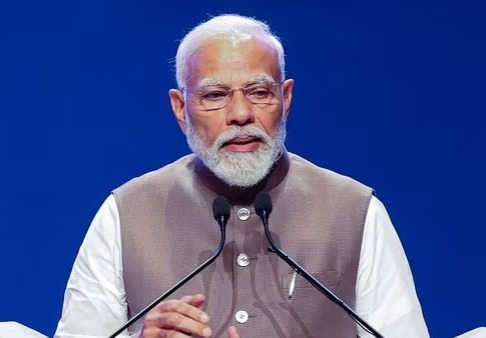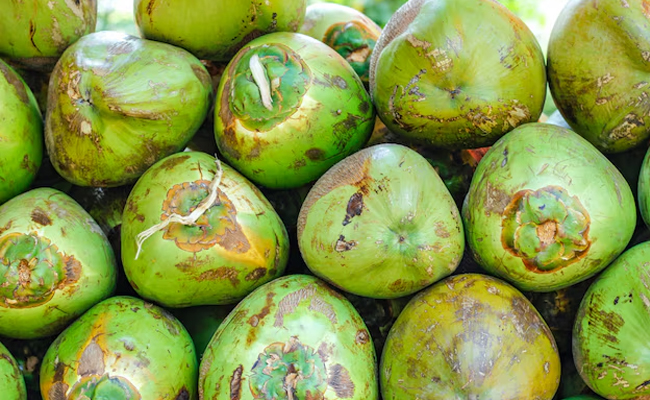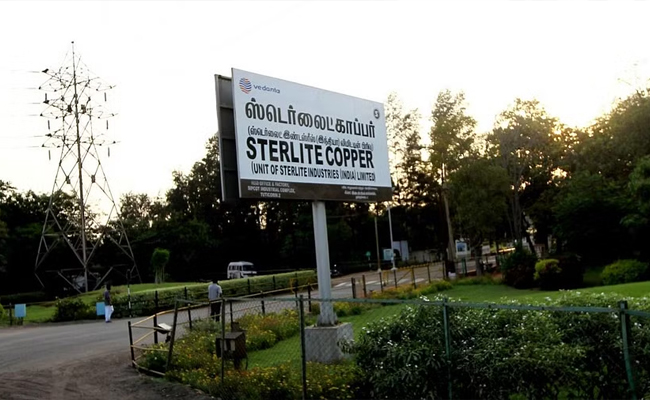New Delhi (PTI): Prime Minister Narendra Modi on Saturday condoled the death of children in a fire that engulfed the children's ward of a medical college in Uttar Pradesh's Jhansi district and announced an ex gratia of Rs 2 lakh for the next of kin of each deceased.
At least 10 children died in a fire that engulfed the children's ward of the medical college in Jhansi district, officials said, as 16 others injured battled for life on Saturday.
District Magistrate (DM) Avinash Kumar told reporters that the fire broke out around 10.45 pm on Friday in the Neonatal Intensive Care Unit (NICU) of the Maharani Laxmi Bai Medical College possibly due to an electrical short circuit.
"Heartbreaking! The fire accident at Jhansi Medical College in Uttar Pradesh is heart-wrenching. My deepest condolences to those who lost their innocent children in this. I pray to God to give them the strength to bear this immense loss," Modi was quoted as saying in a post in Hindi on X by the Prime Minister's Office (PMO).
"The local administration, under the supervision of the state government, is making every possible effort for relief and rescue," he said.
In another post, the PMO said Prime Minister Modi has announced an ex-gratia of Rs 2 lakh from the Prime Minister's National Relief Fund for the next of kin of each deceased in the mishap in the fire accident at the Jhansi Medical College in Uttar Pradesh.
The injured would be given Rs 50,000, the PMO said.
The children, who were in the outer part of the NICU, were rescued along with some of those who were in the interior part.
"Prima facie there is information of the death of 10 children," the DM said.
Those less critical are admitted in the outer section of the NICU while the more critical patients are kept in the interior part, he added.
Let the Truth be known. If you read VB and like VB, please be a VB Supporter and Help us deliver the Truth to one and all.
Bengaluru: The cost of tender coconuts has skyrocketed in Karnataka, with retail prices now ranging between Rs 50 and Rs 60 per coconut. In parts of North India, prices have even touched Rs 80 to Rs 100. This price hike is reportedly attributed to a combination of extreme temperatures in Northern India and lower yields in Karnataka, which has been facing its own heatwave.
Maddur, the largest market for tender coconuts in India, has seen average wholesale prices fluctuating between Rs 38 and Rs 50 per coconut over the past three months. Retail prices are higher and depend upon distance from key markets such as Davangere, Tumakuru, Mandya, Hassan, and others as reported by Deccan Herald on Saturday.
During June and July of this year, tender coconuts were available for around Rs 35 in Karnataka, the country's leading coconut producer. However, prices have spiked due to a variety of factors. According to the state government's online agriculture marketing information website, Krishi Marata Vahini, wholesale prices have risen by at least Rs 10,000 per 1,000 coconuts compared to last year.
V. Rajannab, Deputy Director of the Tumakuru APMC Yard, attributed the supply disruption to the "heatwave conditions of the summer of 2024," explaining that farmers could harvest only 30% to 40% of their expected yield. He told the news outlet that the increased demand from North Indian states has further driven up prices in the local market. Nearly 60% of Karnataka's tender coconuts are shipped to North India, with states like Jammu and Kashmir and Gujarat now seeking supplies, he added.
Officials from the horticulture department have suggested that the high price of ball copra could also have impacted the supply of tender coconut. “The price of ball copra has more than doubled in the last three months, going from Rs 8,000 to Rs 18,000 a tonne. There is a general feeling that the price could go further high, which is why most of the farmers are not harvesting tender coconuts,” Horticulture Deputy Director Kadiregowda was quoted as saying by DH.
However, there is some hope for price relief in the near future. With copious rains this monsoon, the yield is anticipated to improve, which could further help stabilise the market and bring prices down in the coming weeks.





